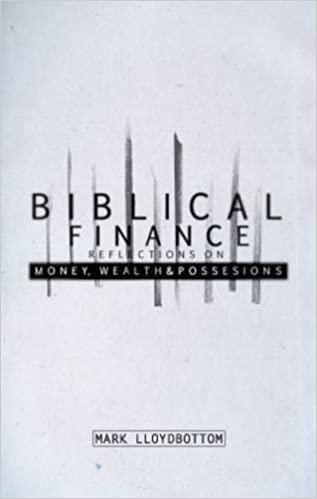Question
While the past history of prices for a security and other historical information might be relevant to establishing the securitys current market price, the efficient
While the past history of prices for a security and other historical information might be relevant to establishing the securitys current market price, the efficient markets hypothesis argues that this information cannot be used to predict the future changes in the price of the security. In short, the hypothesis suggests that all publicly available information has been incorporated in forming the current market price, and thus, this information is not useful in forecasting the future price of the security. As a practical matter, the efficient markets hypothesis is empirically tested using three different sets of information (past history of prices [weak-form efficiency], other publicly available information [semi-strong form efficiency], and all information including inside information that has not been made public [strong-form efficiency]). Explain how these three versions of the rational expectations theory relate to expectations formation under adaptive expectations and rational expectations. Finally, explain how arbitraging the risk-return characteristics of a security acts to eliminate unexploited profit opportunities (the difference between the current market price and the optimal forecast price).
Step by Step Solution
There are 3 Steps involved in it
Step: 1

Get Instant Access to Expert-Tailored Solutions
See step-by-step solutions with expert insights and AI powered tools for academic success
Step: 2

Step: 3

Ace Your Homework with AI
Get the answers you need in no time with our AI-driven, step-by-step assistance
Get Started


